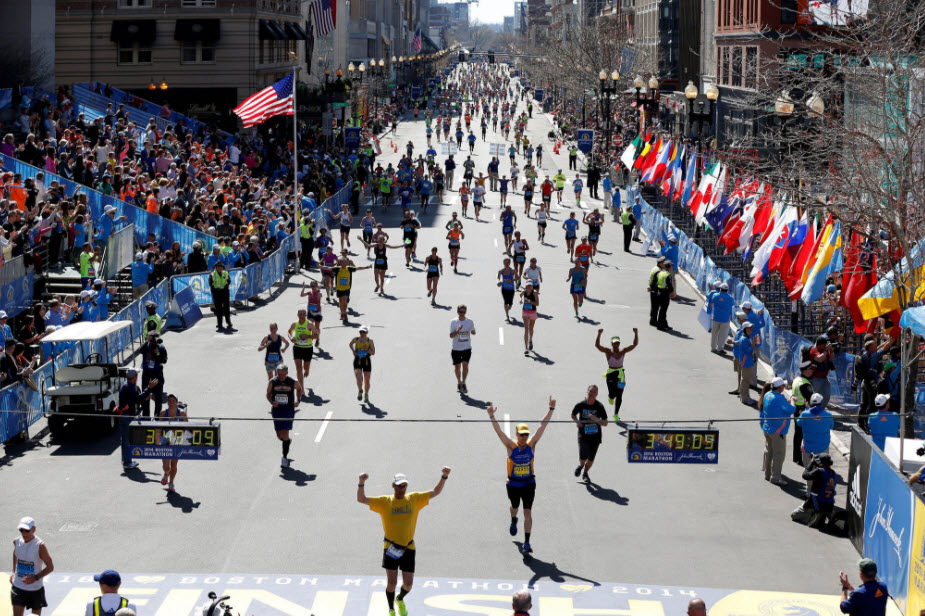Guest Blogger and long-time Council friend, Bob W. presents Part 17 of a series dealing with Alcoholism and Addiction from a Mystical, Mythological Perspective, reflecting Bob’s scholarly work as a Ph.D. in mythological studies.
In my earlier life, I was a rather serious marathon runner, training for and running a series of marathons over 13 years. Marathoning, like other extreme sports, can be seen as therapeutic, having the effect of significantly strengthening various bodily functions. It can also be seen as addictive. Scientists have discovered that, during two hour runs, runners’ pre-frontal and limbic regions spewed out endorphins which are natural body chemicals that act a lot like medically engineered drugs such as morphine. The greater the endorphin surge in these brain areas, the more euphoric is the feeling of such runners. For me, my alcoholic, obsessive-compulsive psyche sought relief in the imbedded highs of long distance running much as I did with alcohol and other substances and behaviors later in life.
Marathoning also has a wonderful mythic history, dating back to the Peloponnesian Wars between the Greeks and the Persians. In 490 B.C.E., after the badly outnumbered Greeks somehow managed to drive back the Persians on the coastal plain of Marathon near Athens, an Athenian messenger named Pheidippides was dispatched from the battlefield to Athens to deliver the news of Greek victory. After running about 25 miles to the Acropolis, he burst into the chambers and gallantly hailed his countrymen with “We are victorious!” And then he promptly collapsed from exhaustion and died. This was the genesis of the original idea of this race in the Olympics, although luckily there have been no recurrences of the fate of Pheidippides.
For our purposes here, rather than look at the addictive elements of such extreme sports activities, it is worthwhile to recall the Greek history of the event and see the process in a recovery, celebratory light. Making the decision to run a marathon, committing to and doing the training, and actually running the race follow the pattern of recovery quite nicely. A marathon, running continuously for 26 miles, is not something the body can do easily. The decision to pursue it must be taken quite seriously. The training must be pursued in great earnest, planned meticulously and executed over a minimum of three months. Running every day, sunshine, rain or snow; eating and resting according to a disciplined schedule; and developing the mind set to run the race with some element of control and precision requires a focus not unlike the road to recovery from addictions. The process is very much like the march through the Steps of Recovery…the exhilaration of the final yards of the 26 mile race before a cheering crowd measured against the congratulatory applause of a fellowship group as we share our experiences in “carrying the message” of the 12th Step.
In 1978, I had the opportunity to run with a high competitive group in the Boston Marathon. To this day, I remember virtually every step of that race, from the start in the tiny town of Hopkington, Mass, along Route 16 to Commonwealth Avenue, past Wellesley College with the lead women around me, up over the “heartbreak hills” of Newton and past Boston College at the zenith. The road down Beacon Street in the waning, exhausting miles, lead finally to the vision of the Prudential Center and the cheering crowds at the Finish Line in Copley Square. It was a highlight of my life at the time…and one I can remember with great delight from a much different perspective today in Sobriety.
